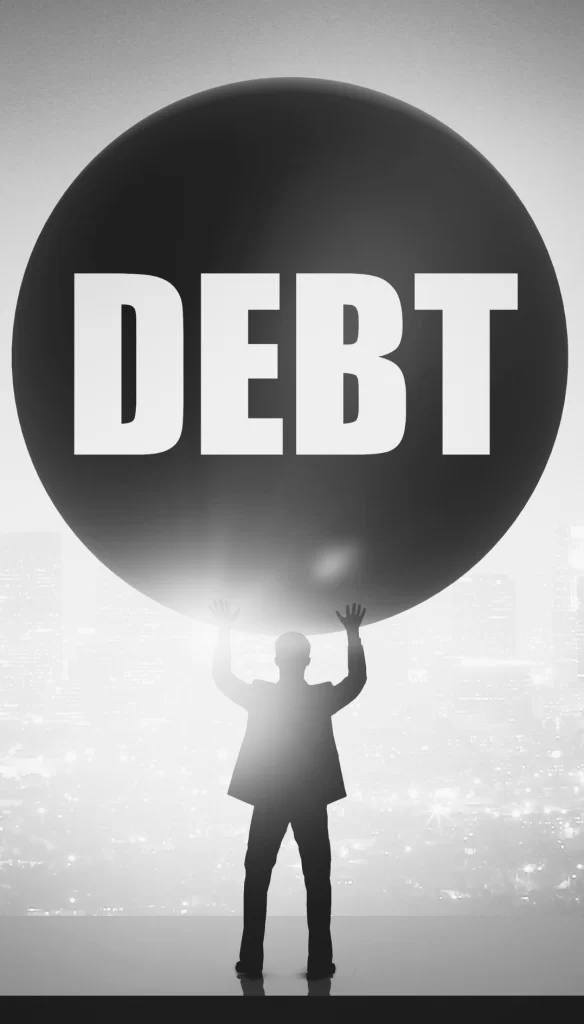
Recovering Payments for Agricultural Exports to Brazil
The article ‘Recovering Payments for Agricultural Exports to Brazil’ provides an in-depth look at the structured process for reclaiming overdue payments from Brazilian importers. It outlines a three-phase recovery system that is initiated within 24 hours of non-payment and can escalate to attorney-based collection efforts. The article also delves into



